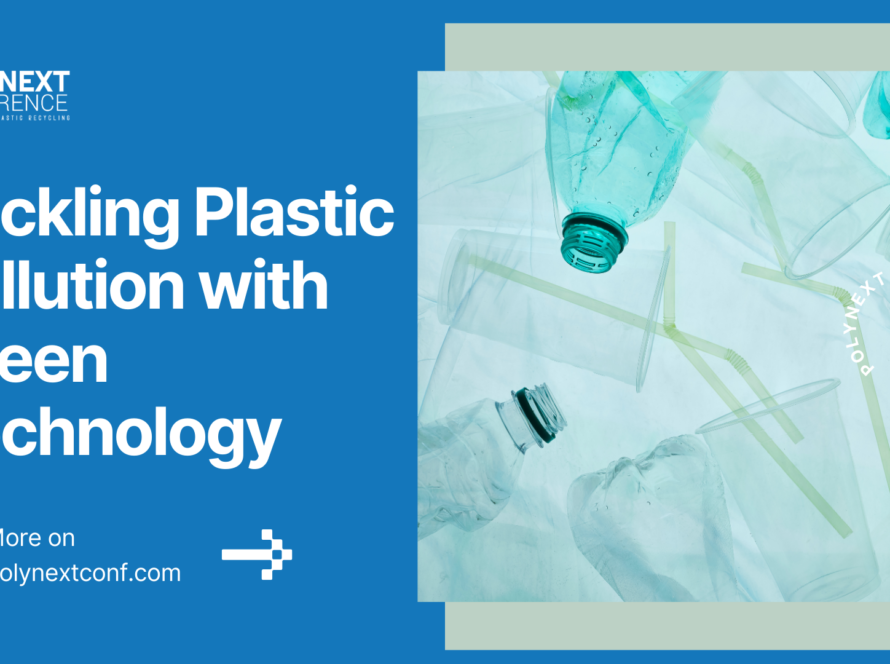India’s Plastic Waste Management (Amendment) Rules, 2025 mark a major step forward in tackling plastic pollution while promoting accountability, traceability, and recycling in packaging. By integrating digital technology and stronger compliance mechanisms, the new rules strengthen India’s fight against the plastic crisis.
Key Features of the 2025 Rules
From July 1, 2025, all plastic packaging in India must carry a QR code or barcode, enabling precise product tracking and regulatory transparency. This digital traceability ensures that every stage of plastic—from production to disposal—can be monitored effectively.
The rules also make waste segregation at source mandatory, with both urban and rural local bodies required to report annually on waste management infrastructure and compliance. This structured accountability helps improve recycling efficiency and prevents leakages into the environment.
One of the strongest provisions is the reinforcement of Extended Producer Responsibility (EPR). Producers, importers, and brand owners (PIBOs) are now responsible for the entire lifecycle of their packaging, including collection, recycling, and safe disposal. They must register on the Central Pollution Control Board’s online portal to ensure transparency.
Equally important are the labelling provisions. Products made from recycled plastic must clearly mention compliance with IS 14534:2023 and display the percentage of recycled content. Compostable plastics, on the other hand, must be certified under IS/ISO 17088:2021. Non-compliance, whether in labelling, EPR, or traceability, will attract strict penalties—including financial fines and, in some cases, prosecution under Section 15 of the Environment (Protection) Act, 1986.
Evolution of the Rules
India’s plastic waste regulations have steadily evolved over the years. The 2016–2024 framework laid the foundation by defining clear roles for producers, manufacturers, and sellers while banning single-use plastics and thin carry bags (minimum thickness of 75 microns). Between 2022 and 2024, new obligations such as mandatory recycling targets, reuse provisions, and certification for biodegradable plastics were added. Environmental compensation was also introduced to penalize failures in EPR compliance. The 2025 rules build upon these measures by integrating digital tools and stricter accountability.
National Impact
India generates nearly 9 million tons of plastic waste every year, accounting for almost one-fifth of the global total. With such alarming figures, the 2025 rules arrive at a critical juncture. By strengthening EPR frameworks and introducing track-and-trace mechanisms, the rules aim to improve plastic recovery, create supply chain accountability, and accelerate the country’s transition toward a circular plastic economy.
To support this shift, the government’s plastic parks initiative is offering financial incentives for building recycling infrastructure. At the same time, innovation-driven solutions are gaining importance. Several companies are now specializing in advanced recycling technologies that break down plastics into reusable raw materials, directly supporting India’s vision of sustainability. By complementing regulatory measures with industry innovation, India can build a more resilient and resource-efficient future.
Conclusion
India’s Plastic Waste Management Rules, 2025 represent more than just another amendment—they are a digital leap towards sustainability. With QR code traceability, strict EPR, clear labelling, and industry support from innovators , the new framework sets the stage for a cleaner, accountable, and circular plastic economy.
Adding to this momentum, the PolyNext Awards & Conference 2025 will be held on October 1–2, 2025, at Crowne Plaza Dubai, UAE. Organized by Next Business Media, the event will showcase the latest innovations in plastic recycling, sustainable packaging, and circular economy solutions.
Highlights include the PolyNext Awards, expert panels featuring leaders from Unilever, Earth5R, Imdaad Group, and others, plus networking opportunities with over 500 global participants. For India, this event is especially relevant in light of the Plastic Waste Management Rules 2025, aligning with themes of EPR, digital traceability, and recycling innovation.



